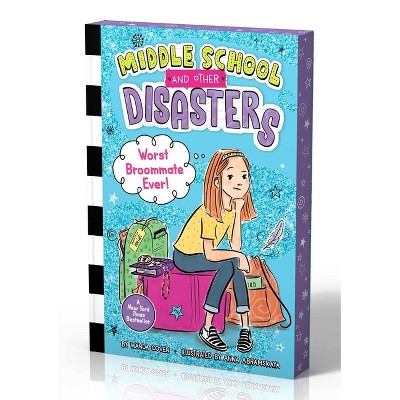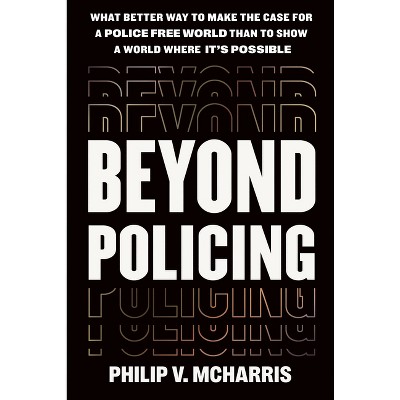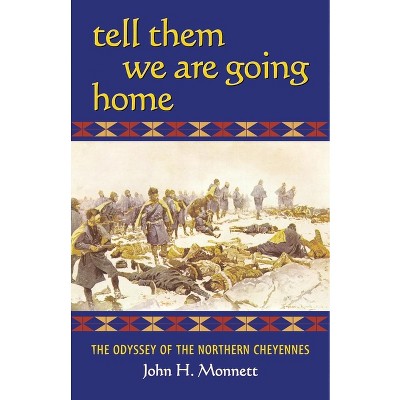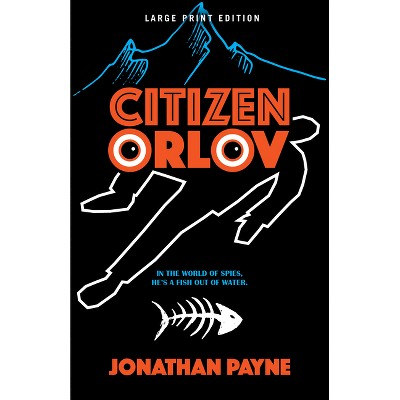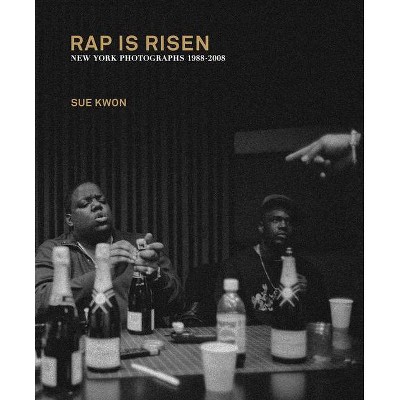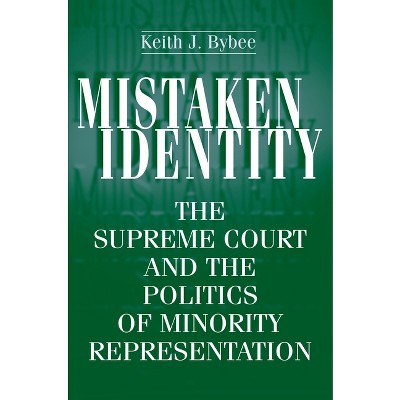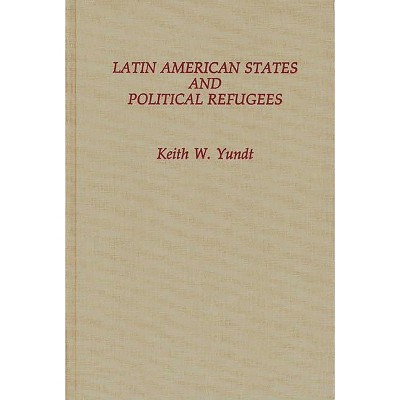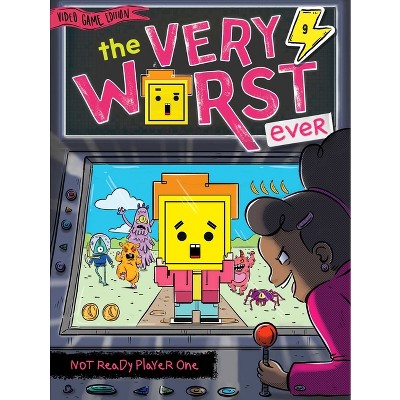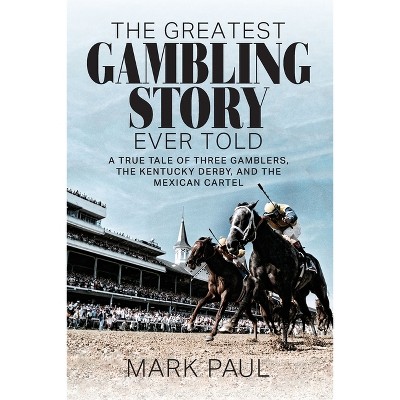Sponsored

The Worst Trickster Story Ever Told - by Keith Richotte (Hardcover)
In Stock
Sponsored
About this item
Highlights
- When did the federal government's self-appointed, essentially limitless authority over Native America become constitutional?
- About the Author: Keith Richotte, Jr. is the Director of the Indigenous Peoples and Policy Program, Professor of Law at the James E. Rogers College of Law at the University of Arizona, and Chief Justice of the Spirit Lake Appellate Court; and he never thought he would ever have this many jobs at once.
- 296 Pages
- Freedom + Security / Law Enforcement, Indigenous Peoples
Description
About the Book
"Keith Richotte begins his playful, unconventional look at Native American and Supreme Court history with a question: When did plenary power--the federal government's self-appointed, essentially limitless authority over Native America--become constitutional? When the Supreme Court first embraced this massive federal authority in the 1880s it did not bother to find any justification for the decision, which was rooted in racist ideas about tribal nations. However, by the 21st century, the Supreme Court began telling a different story. It was claiming the U.S. Constitution as the source of federal plenary power over Native America. So, when did the Supreme Court change its story? Just as importantly, why did it change its story? And what does this change mean for Native America, the Supreme Court, and the rule of law? Richotte uses the genre of trickster stories to uncover the answers to these questions and offer an alternative understanding. More than corrective constitutional history, The Worst Trickster Story Ever Told provides an irreverent synthesis of Native American legal history across more than 100 years, reflecting on race, power, and sovereignty along the way. Engaging with the story of plenary power from an Indigenous perspective, Richotte shows, opens possibilities that are otherwise foreclosed. Through the genre of trickster stories we are able to imagine a future that is more just and equitable, and that better fulfills the text and the spirit of the Constitution"--Book Synopsis
When did the federal government's self-appointed, essentially limitless authority over Native America become constitutional?
The story they have chosen to tell is wrong. It is time to tell a better story. Thus begins Keith Richotte's playful, unconventional look at Native American and Supreme Court history. At the center of his account is the mystery of a massive federal authority called plenary power.
When the Supreme Court first embraced plenary power in the 1880s it did not bother to seek any legal justification for the decision - it was simply rooted in racist ideas about tribal nations. By the 21st century, however, the Supreme Court was telling a different story, with opinions crediting the U.S. Constitution as the explicit source of federal plenary power.
So, when did the Supreme Court change its story? Just as importantly, why did it change its story? And what does this change mean for Native America, the Supreme Court, and the rule of law? In a unique twist on legal and Native history, Richotte uses the genre of trickster stories to uncover the answers to these questions and offer an alternative understanding.
The Worst Trickster Story Ever Told provides an irreverent, entertaining synthesis of Native American legal history across more than 100 years, reflecting on race, power, and sovereignty along the way. By embracing the subtle, winking wisdom of trickster stories, and centering the Indigenous perspective, Richotte opens up new avenues for understanding this history. We are able, then, to imagine a future that is more just, equitable, and that better fulfills the text and the spirit of the Constitution.
Review Quotes
"The text reflects Richotte's training in both Indigenous studies and law, and could not have been written without drawing on substance and pedagogy from both disciplines. It is indispensable to scholars approaching the question of plenary power from both perspectives.... Highly Recommended." --G. Christensen, CHOICE
"Throughout, the book balances edification with good humor.... An illustrative legal history, The Worst Trickster Story Ever Told is about deceptive federal government efforts to amass limitless power over Native Americans." --John M. Murray, Foreword Reviews
"Blending serious scholarship with a chatty and lively narrative style, this introduction to plenary power within the context of relations between the U.S. and Indigenous peoples will intrigue law students, advocates, and general readers." --Michael Rodriguez, Library Journal
"In entertaining, highly readable prose, The Worst Trickster Story Ever Told charts a clear and accessible path through the thicket of American Indian law. This warm, personal, erudite trickster story is a pleasure--and an education in what ails Indian law, in what might remedy it, and in how the doctrine got into this fix to start." --Samuel Erman, author of Almost Citizens
"The mark of a true expert is the uncanny ability to take something that is exceedingly complex and mercilessly intricate and make it easily accessible to the layperson. Keith Richotte, Jr. is a true expert. The Worst Trickster Story Ever Told is a riveting, clear, and - dare I say? - fun introduction to the field of federal Indian law. This book is equally enjoyable and edifying from start to finish." --Khiara M. Bridges, author of Critical Race Theory: A Primer
"Two things are true about this remarkable book. First, it is written in a wonderfully informal style that is accessible to--and illuminating for--any general reader. But, second, even teachers of American constitutional law like myself can learn much from the careful scholarship that underlies it. I will certainly be absorbing its lessons in my future teaching and writing." --Sanford Levinson, author, with Cynthia Levinson, of Fault Lines in the Constitution
About the Author
Keith Richotte, Jr. is the Director of the Indigenous Peoples and Policy Program, Professor of Law at the James E. Rogers College of Law at the University of Arizona, and Chief Justice of the Spirit Lake Appellate Court; and he never thought he would ever have this many jobs at once.Shipping details
Return details
Trending Non-Fiction




Discover more options
